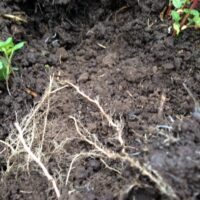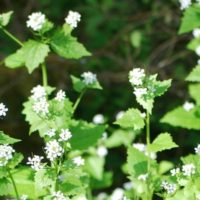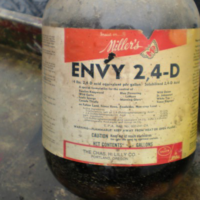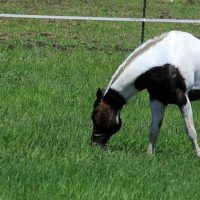Do have a yard or a garden? Then you also have many ways to help conserve! Your efforts may even make it less costly to maintain your landscape!
What can you do?
Don’t water too much
Overwatering doesn’t just waste water. It can also impair the health of the plants in your landscape, even killing some that don’t like wet feet.
Our Golf Course Quality Lawns® program can help you figure out how much water your plants need, and how to measure how much you are applying to your lawn. We’ll tell you about “grass cycling” and how tall to let your grass grow for a healthy lawn without using too much water or pesticides.
Make and use your own compost
If you return nutrients produced by your plants to your own landscape, that means less money spent on expensive chemical fertilizers. Compost also contains carbon, a vital component for healthy soil. Your “black gold” can be used in flower and vegetable beds, and as a top dressing on your lawn.
Making compost can be very easy: just pile up the right materials and keep the pile somewhere between dry and wet. For faster compost, there are a variety of methods to speed up the conversion of raw plant materials to finished compost.
Minimize pesticide use, always follow label directions
Here’s a short video clip where Clair Klock talks about pesticides and weed control in your home landscape.
Provide pollinator patches
Pollinators need to eat throughout their life cycle. You can help by planting flowering native plants in pots, unused lot corners, and strips. It doesn’t take much effort to maintain an established pollinator garden, and you bring beauty to your customers and provide food for the creatures that are crucial in producing 70% of our food supply!
Harvest rainwater
Capture some rainwater, and use it to water those pollinator patches! Your roof captures a lot of water during the rainy season. If you capture it before it hits the ground, it’s yours to use.
Even if you don’t want to use your rainwater, a rain garden can help recharge ground water while providing an attractive landscape feature around your home. Our Urban and Community Conservation Specialist can help with your questions, or get started with our short article on rain gardens (PDF format): The Garden Path to Rain Gardens
Plant shade trees or windbreaks
The right trees can provide shade in the warm summer months, reducing energy consumed to cool your home. If your home is in the path of cold winter winds, a windbreak can also help reduce energy used to heat your home.
Of course, trees and hedges also take up carbon dioxide and release oxygen, contributing to the health of our community!
Sponsor some conservation activities
Volunteer with a conservation organization to help out in the office or assist in installing a conservation practice. Your local watershed council or your soil and water conservation district can help you get started! We have a list of watershed councils in Clackamas County on our Partners page.
We can help
If you’re interested in these things, contact us. We can help provide technical and financial assistance for many of these activities, and if we can’t, we may be able to help you find those resources elsewhere.









